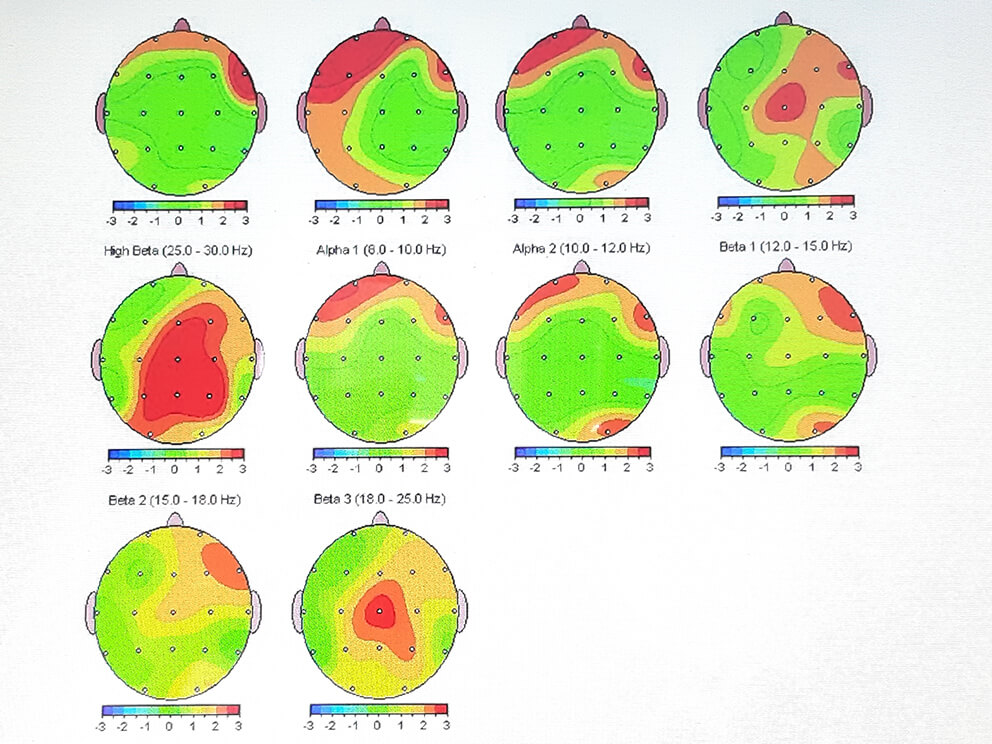qEEG functions by placing small electrodes on the head to capture brain signals. These sensors measure electrical impulses produced by neurons, the cells in the cerebrum that interact with each other. The information collected is then processed and presented as a set of patterns. Each type of neural wave—such as α, β, delta, and θ—relates to various psychological conditions and functions. For example, alpha oscillations are often associated with relaxation, while β oscillations are linked to engaged cognition and issue resolution. By analyzing these patterns, clinicians can detect irregularities that may suggest psychological health concerns.

One of the significant advantages of qEEG is its capability to offer objective data. Unlike traditional assessments that depend on personal accounts from patients, qEEG provides a distinct picture of neural function. This clarity can assist minimize biases in assessment and result to more precise intervention plans. For instance, if a patient is experiencing anxiety, qEEG can show specific patterns of brain function that are associated with anxiety conditions. This data enables psychological health professionals to tailor interventions more effectively, whether through counseling, pharmaceuticals, or other approaches.
Additionally, qEEG can be particularly useful in tracking treatment progress. By conducting qEEG assessments at different points during therapy, healthcare providers can monitor changes in brain function over time. This continuous evaluation helps determine whether a treatment is effective or if adjustments are needed. For example, if a client is not responding to a particular medication, qEEG may indicate that their neural activity has not changed in a manner that indicates progress. This response cycle can result to more customized and effective psychological health care.
In conclusion, qEEG brain mapping is a potent instrument in the domain of see psychological health assessment. By providing objective data about brain activity, it enhances the understanding of various psychological health disorders. This method not only assists in precise assessment but also assists in monitoring intervention effectiveness. As mental health experts continue to investigate the potential of qEEG, it holds promise for improving the lives of individuals dealing with psychological health issues. With continuous investigation and progress in technology, the secrets of the mind may turn more apparent, resulting to better results for those in need of support.